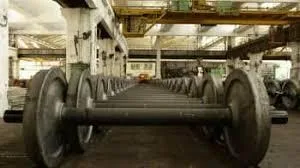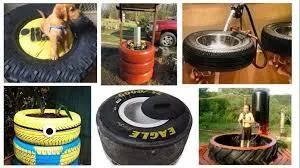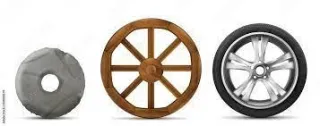Convenience

Wheels stand as facilitators of convenience in many aspects of daily life, transforming the way we transport goods and navigate through our surroundings. shopping carts, the incorporation of wheels has revolutionized the shopping experience. with wheels, these carts guide people throughs store aisles. The stability and smooth movement provided by wheels not only simplify the handling of the cart but also offer convenience when dealing with heavy or bulky items, making the shopping enjoyable.
Wheeled luggage has changed travel, particularly in airports, where passengers can roll their belongings without the need for strenuous lifting. The versatility of wheels allows for smooth transportation across various surfaces, from airport terminals to hotel lobbies, providing a level of convenience that aligns with the dynamic nature of modern travel. For people with limited mobility wheelchairs equipped with maneuverable wheels, empower users to navigate through diverse environments, fostering accessibility and providing a sense of freedom. In essence, the convenience from wheels in these everyday items transcends mere functionality and a more accessible way of living.
Frequently Asked Questions
Wheel Technology and Innovation
What materials are commonly used in wheel manufacturing?
Wheels can be made from materials like rubber, metal, plastic, and composite materials, each chosen for its specific properties and application.

Do wheels have any cultural or symbolic significance
Yes, wheels have cultural significance and symbolism in various societies. They can represent progress, motion, and cycles of life in different cultural contexts.

Are there environmentally friendly uses of wheels?
Efficient transportation systems powered by wheels can contribute to environmental sustainability by reducing energy consumption and emissions.

How have advancements in wheel technology impacted vehicle performance?
Technological advancements, including tire design and materials, have significantly improved vehicle performance, offering better traction, durability, and fuel efficiency.

